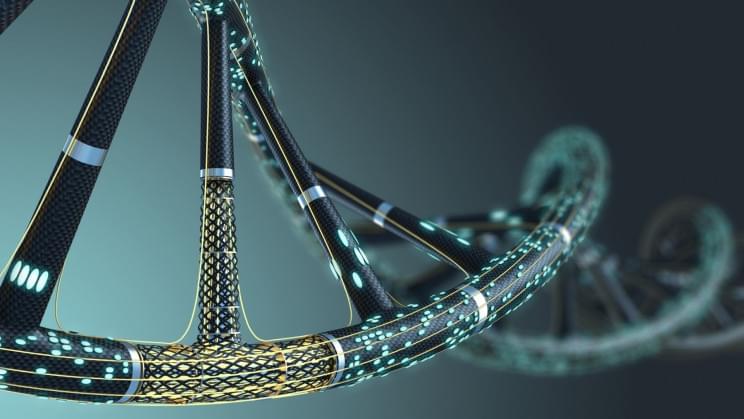“Much to our happy surprise, the rheumatoid arthritis totally disappeared in animals that received a vaccine,” says Chakravarti. “Sometimes there is no better way than serendipity. We happened to hit a wrong result, but it turned out to be the best result. Those kinds of scientific discoveries are very important in this field.”
Researchers from the University of Toledo have discovered a prospective new treatment for rheumatoid arthritis. The vaccine-based treatment strategy proved successful in preliminary animal studies and the researchers are looking to conduct more clinical trials in the future.
The research hinges around a protein called 14−3−3 zeta. Ritu Chakravarti, lead author on the new study, has been studying 14−3−3 zeta for several years due to its suspected role in a number of autoimmune conditions.
The initial hypothesis was this protein played a significant role in the onset of rheumatoid arthritis. If it was triggering the disease then knocking out the gene in arthritis mouse models should prevent the condition arising in the first place.







